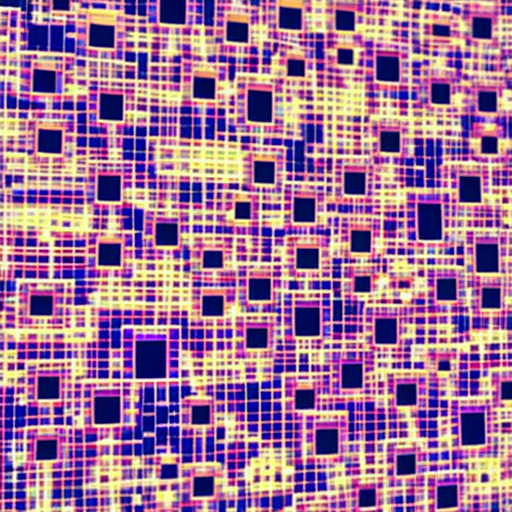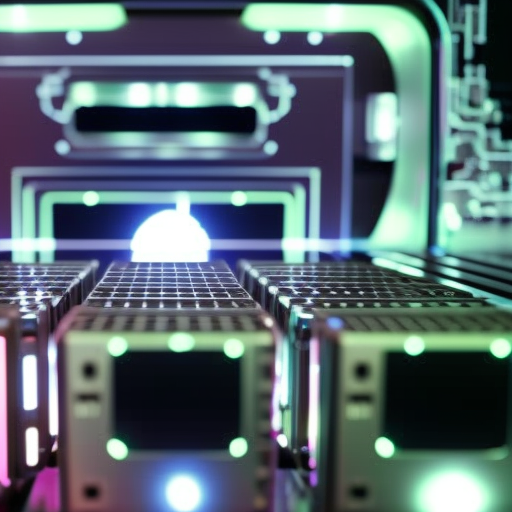Control systems are used to manage and regulate the behavior of dynamic systems through feedback mechanisms.
Microelectronics Explained
Microelectronics is the study and application of small-scale electronic components and systems.
Electromagnetic Theory Explained
Electromagnetic theory is a scientific framework that explains the behavior and interaction of electric and magnetic fields.
Semiconductor Devices Explained
Semiconductor devices are electronic components that utilize the properties of semiconductors to control and manipulate electrical signals.
Electronic Instrumentation Explained
Electronic instrumentation refers to the use of electronic devices for measuring, monitoring, and controlling various physical quantities and processes.
Integrated Circuits Explained
Integrated circuits are miniature electronic circuits that contain thousands or millions of components on a single chip.
Electric Power Transmission Explained
Electric power transmission is the process of delivering electricity from power plants to consumers through a network of high-voltage transmission lines.
Power Electronics Explained
Power electronics is a field of study and application that focuses on the efficient conversion, control, and management of electrical power.
Nanocatalysis Explained
Nanocatalysis is the study and application of catalysts at the nanoscale, enabling more efficient and sustainable chemical reactions.
Nanotubes Explained
Nanotubes are cylindrical structures with unique properties that have potential applications in various fields of science and technology.
Nanoparticles Explained
Nanoparticles are tiny particles with unique properties that have applications in various fields of science and technology.
Quantum Confinement Explained
Quantum confinement refers to the phenomenon of restricting the motion of particles in a nanoscale structure, leading to unique quantum mechanical effects.



















